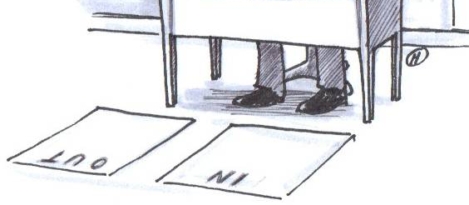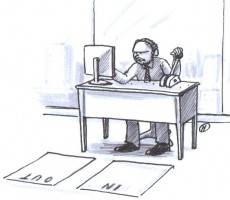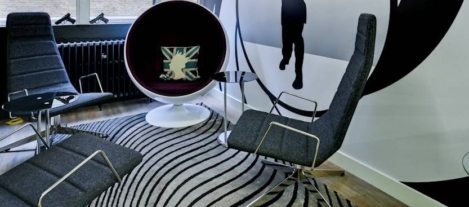February 23, 2016
Belief in a corporate wellness narrative is more important than action 0
 The complexities of wellness at work are laid bare in a new report from the US based pressure group Global Wellness Institute. The most eye-catching conclusion from The Future of Wellness at Work study is that it’s not actual wellness programmes that do most to boost worker health and productivity, but whether employees identify that company as ‘caring’. The report claims that ‘unwellness’ now costs the US around $2.2 trillion each year, equivalent to 12 percent of GDP. The report is published alongside a white paper which lays out the findings from a survey of American employees. Unlocking the Power of Company Caring gauges how employees feel about their work culture and wellness programmes. The main finding of the two reports is that to understand what has the most powerful impact on employee wellness ‘you must look well beyond the wellness programme’ itself. Instead, the pivotal factor is whether an employee identifies their company as caring about their health and wellness.
The complexities of wellness at work are laid bare in a new report from the US based pressure group Global Wellness Institute. The most eye-catching conclusion from The Future of Wellness at Work study is that it’s not actual wellness programmes that do most to boost worker health and productivity, but whether employees identify that company as ‘caring’. The report claims that ‘unwellness’ now costs the US around $2.2 trillion each year, equivalent to 12 percent of GDP. The report is published alongside a white paper which lays out the findings from a survey of American employees. Unlocking the Power of Company Caring gauges how employees feel about their work culture and wellness programmes. The main finding of the two reports is that to understand what has the most powerful impact on employee wellness ‘you must look well beyond the wellness programme’ itself. Instead, the pivotal factor is whether an employee identifies their company as caring about their health and wellness.



































February 5, 2016
What the commercial property market tells us about trends in office design 0
by Paul Goodchild • Comment, Property, Workplace design
It’s become commonplace in recent years for certain people to foresee the death of the office. The problem with this argument is that, in spite of its drawbacks, office life maintains an attraction for both employers and employees and there will always be an upper limit on how long people want to spend away from other people. Things are changing but the death of the office is a myth. As we’ve known for at least a quarter of a century, there is no absolute need for us to go to work at all. Theoretically we could just do away with offices completely if we wanted to. But as we have seen, the fact we have evolved technology to the point where we could forget about bricks and mortar, doesn’t necessarily mean we will. Not only are there practical reasons for offices to continue to exist, there are emotive ones too. If you want evidence of this, look no further than the records currently being set by the UK’s commercial property markets.
(more…)